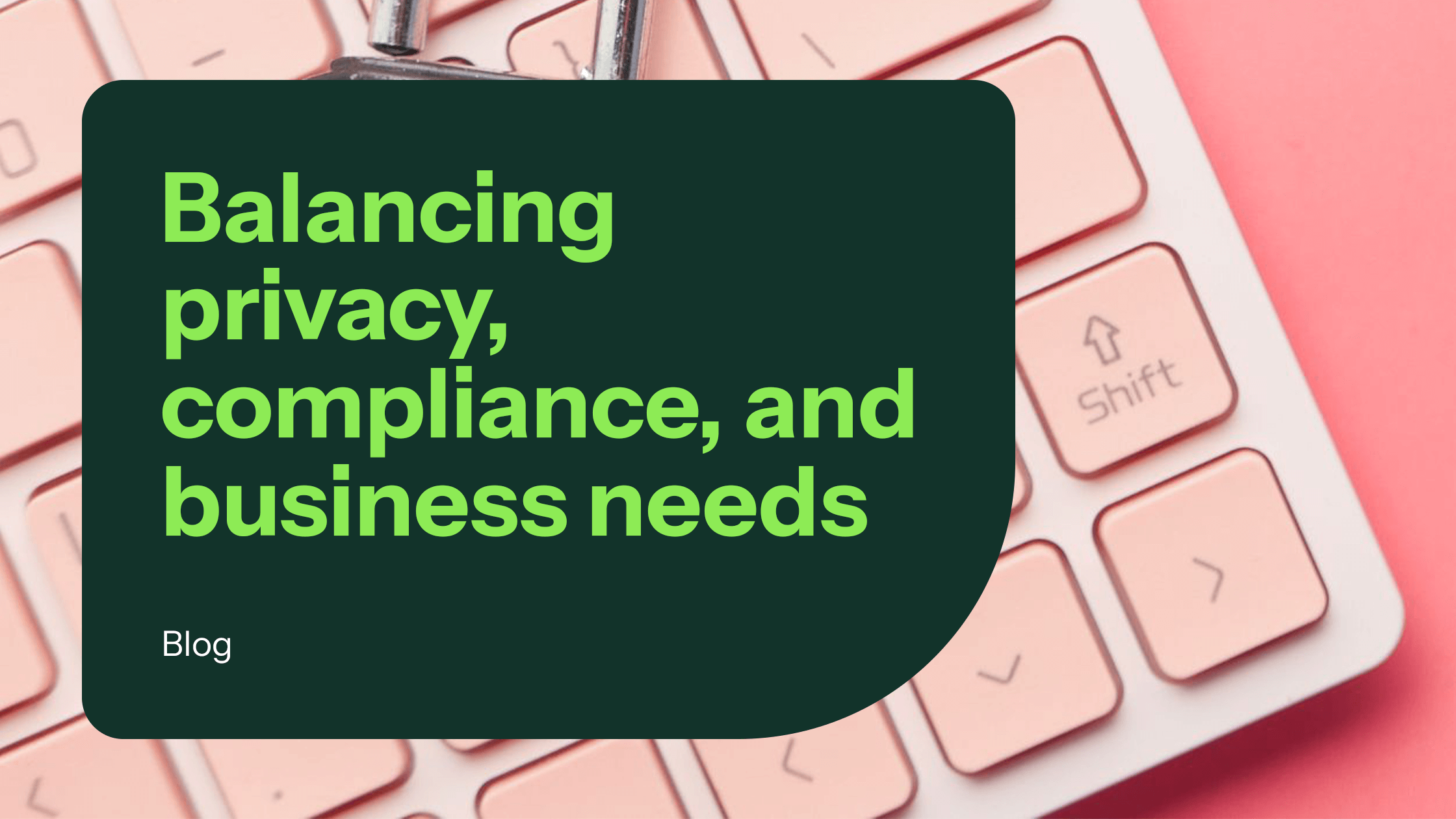Amidst the Fourth Industrial Revolution, data protection and privacy are top of mind for most of us. Social media and digital platforms have opened new doors into people’s personal lives, professional opinions and after-hour activities. Technology makes it easier than ever to screen an applicant’s background. Yet, landlords, recruiters and hiring companies must strike a delicate balance between safeguarding their operations, ensuring the safety of their employees and assets, and respecting the fundamental rights and privacy of applicants.
One crucial aspect of this equilibrium is the ethical and lawful conduct of criminal record checks on candidates. South Africa’s Protection of Personal Information Act (POPIA) provides a solid framework, emphasising ethics while acknowledging businesses’ legitimate need to screen applicants. Let’s unpack the ethics, laws, and regulations you should consider when conducting criminal record verification.
The Ethical Imperative: Navigating The Tension Between Confidentiality And Protection.
Respecting privacy rights while ensuring security is a core ethical consideration when conducting criminal record checks. South African law recognises the fundamental right to privacy. Ethical principles dictate that individuals should be treated with respect and fairness, and their personal information should be handled with the utmost care. This moral foundation is not at odds with the legitimate need for companies to protect their integrity and the safety of their workforce.
When screening applicants for criminal backgrounds, businesses must be guided by a few key ethical principles:
- Informed Consent: Respect for individual autonomy requires that applicants provide informed consent before their criminal records are screened. They should understand why the check is necessary and how the information will be used. Transparent communication is the foundation of ethical data processing.
- Data Accuracy and Relevance: Relying on outdated or inaccurate information is unethical. You need to ensure that the data you collect and use for decision-making is relevant to the situation at hand. For example, an old, minor offence may not be pertinent to a job that doesn’t involve trust or access to sensitive information.
- Second Chances and Rehabilitation: Ethics demand that society offer individuals who have made mistakes the chance to rehabilitate and reintegrate. A blanket ban on blocking anyone with a criminal record, regardless of the nature of their offence or their progress, is often seen as unethical.
- Non-Discrimination: Decisions based on criminal records should not lead to discrimination based on race, gender, or other protected characteristics. Ethical checks are fair, impartial, and unbiased.
Ethical Screening and Protecting Business Integrity
While the ethics of criminal record checks emphasise privacy, businesses or landlords also have a legitimate interest in protecting their integrity and ensuring the safety of their employees, property, and community. Due diligence is crucial when considering applicants with access to sensitive information, financial responsibilities, or contact with vulnerable populations. Ethical checks do not equate to hiring without discernment.
Here are some points highlighting how you can ethically conduct criminal record checks while protecting your interests:
- Relevance to the Role: An ethical approach involves assessing the relevance of an applicant’s criminal history to the job or scenario in question. Criminal record checks are defensible and moral for roles involving trust, financial responsibility, or working with vulnerable populations like medical patients or children.
- Second Chances: Ethical hiring practices allow for second chances. A criminal record should not be an insurmountable barrier. Individuals who have served their sentences and demonstrated rehabilitation deserve an opportunity for a fresh start.
- Individualised Assessment: You should conduct individualised assessments when considering applicants with criminal records. Factors such as the nature of the offence, the time elapsed, and the applicant’s rehabilitation efforts should be considered.
- Transparency: Ethical companies maintain transparency throughout the vetting process. Applicants should be informed about the possibility of a criminal record check and the criteria used to make hiring decisions.
- Data Security: Adhering to data security measures, as required by POPIA, is ethical and essential for protecting applicants’ privacy and maintaining trust in the hiring process.
HURU Helps You Strike a Balance Between Ethics, Law, and Business Needs
Where ethics, laws, and business needs intersect, HURU can help. We know that balancing these considerations isn’t straightforward, but it is a requirement in more ways than one. HURU is a background screening company that provides identity verification and biometric criminal checks, including the Automated Fingerprint Identification System (AFIS) criminal check. We help decision-makers and applicants to verify criminal records in a fast, efficient and trustworthy way.
Fingerprint capture through HURU is a simple and streamlined process that applicants can complete in just a few easy steps in one of our nationwide partner locations at PostNet & Jetline. No prior booking is needed, but applicants must have their ID documents at the ready.
Amidst the complex landscape of ethical criminal record verification and data protection, you don’t have to navigate it alone. As a proudly South African company, HURU has an intricate understanding of national processes and local subtexts. Contact us to learn more about our services and how we can support your commitment to responsible hiring practices. Make the smart choice today and embrace a balanced, ethical, and law-abiding approach to criminal record checks with HURU as your partner.
What Is The Difference Between A Police Clearance Certificate (PCC) And A Criminal Record Check?
The Ins And Outs Of Criminal Record Checks For E-Hailing Drivers in South Africa
The Importance of Identity Verification: Ensuring Security and Trust


